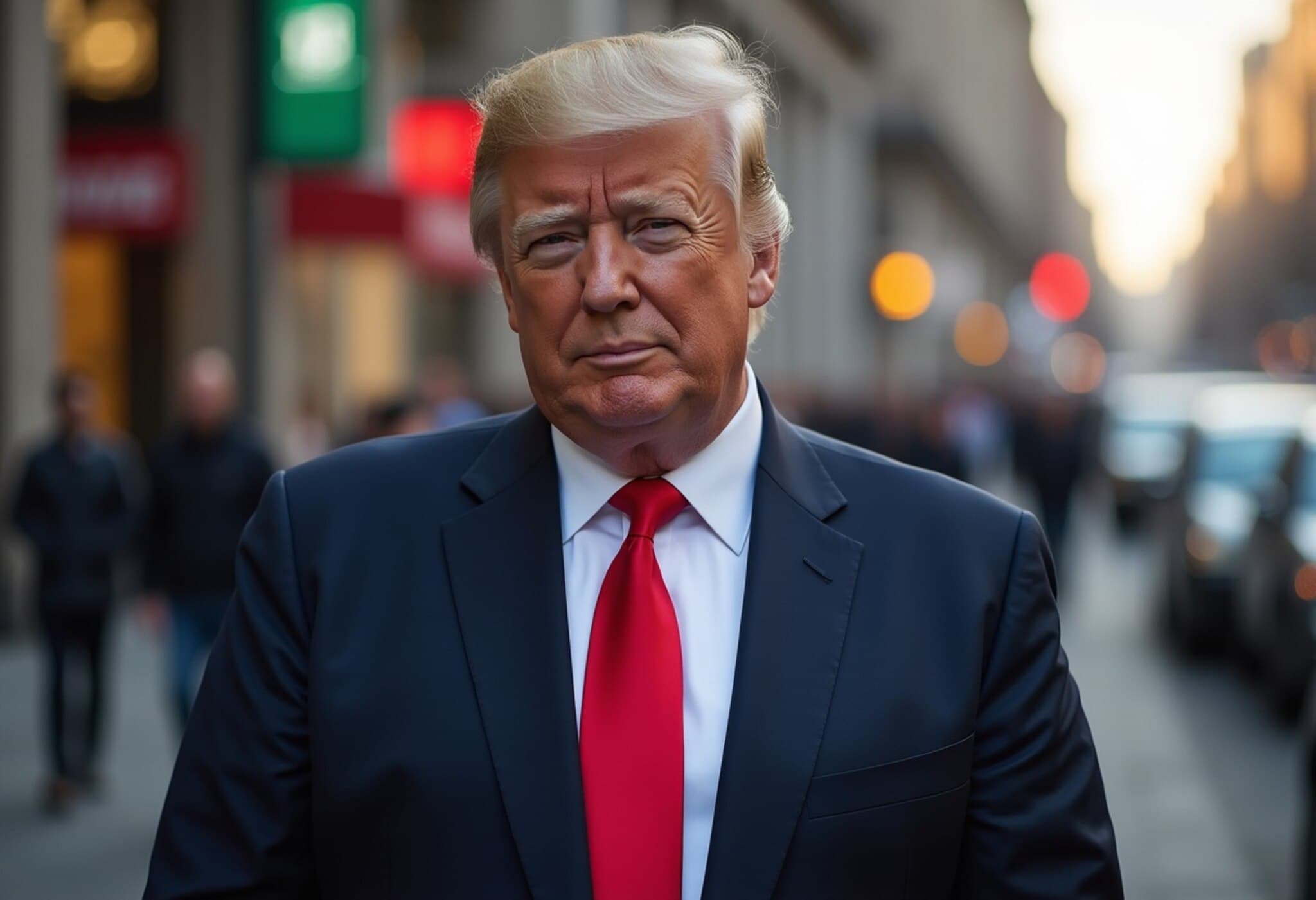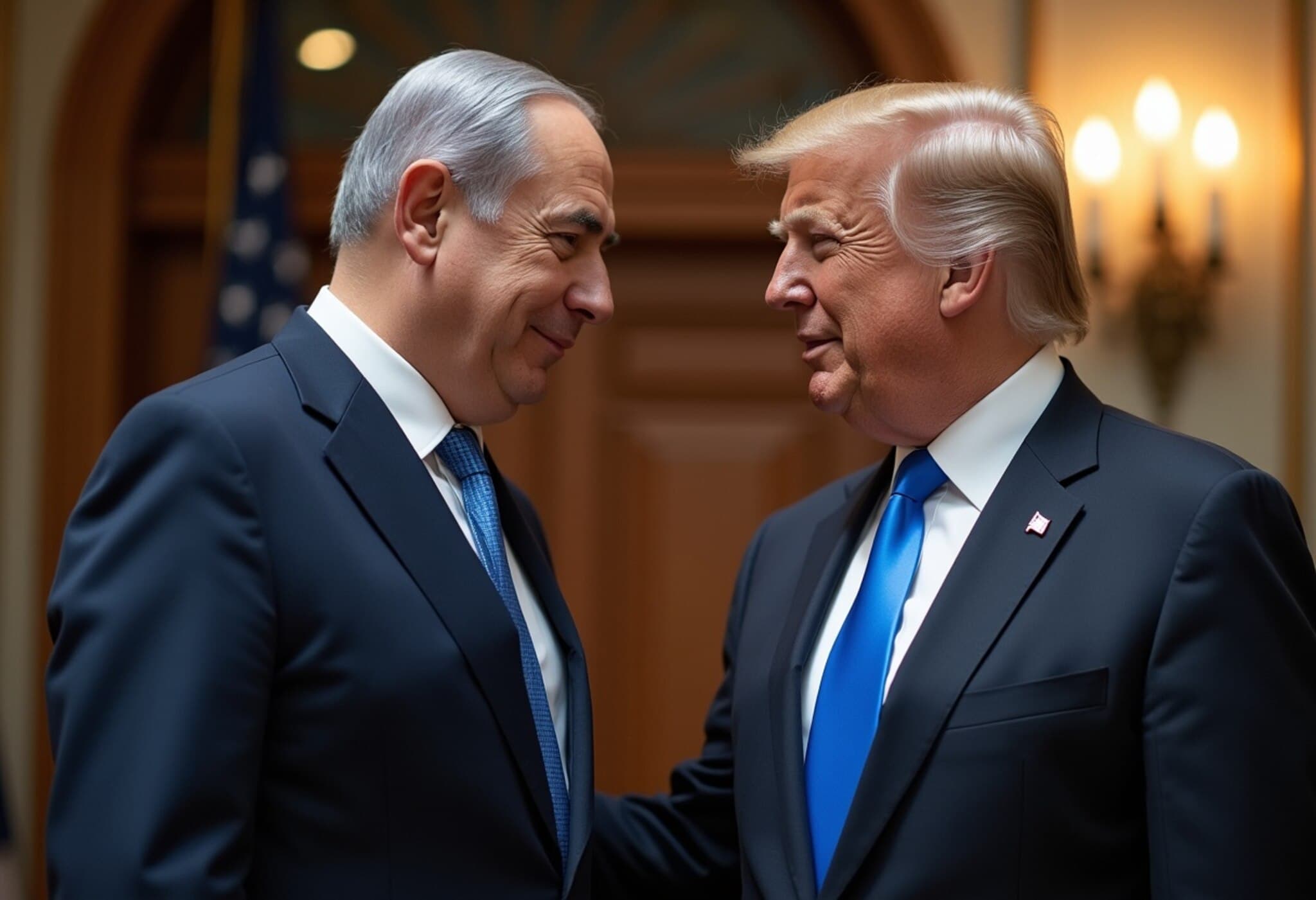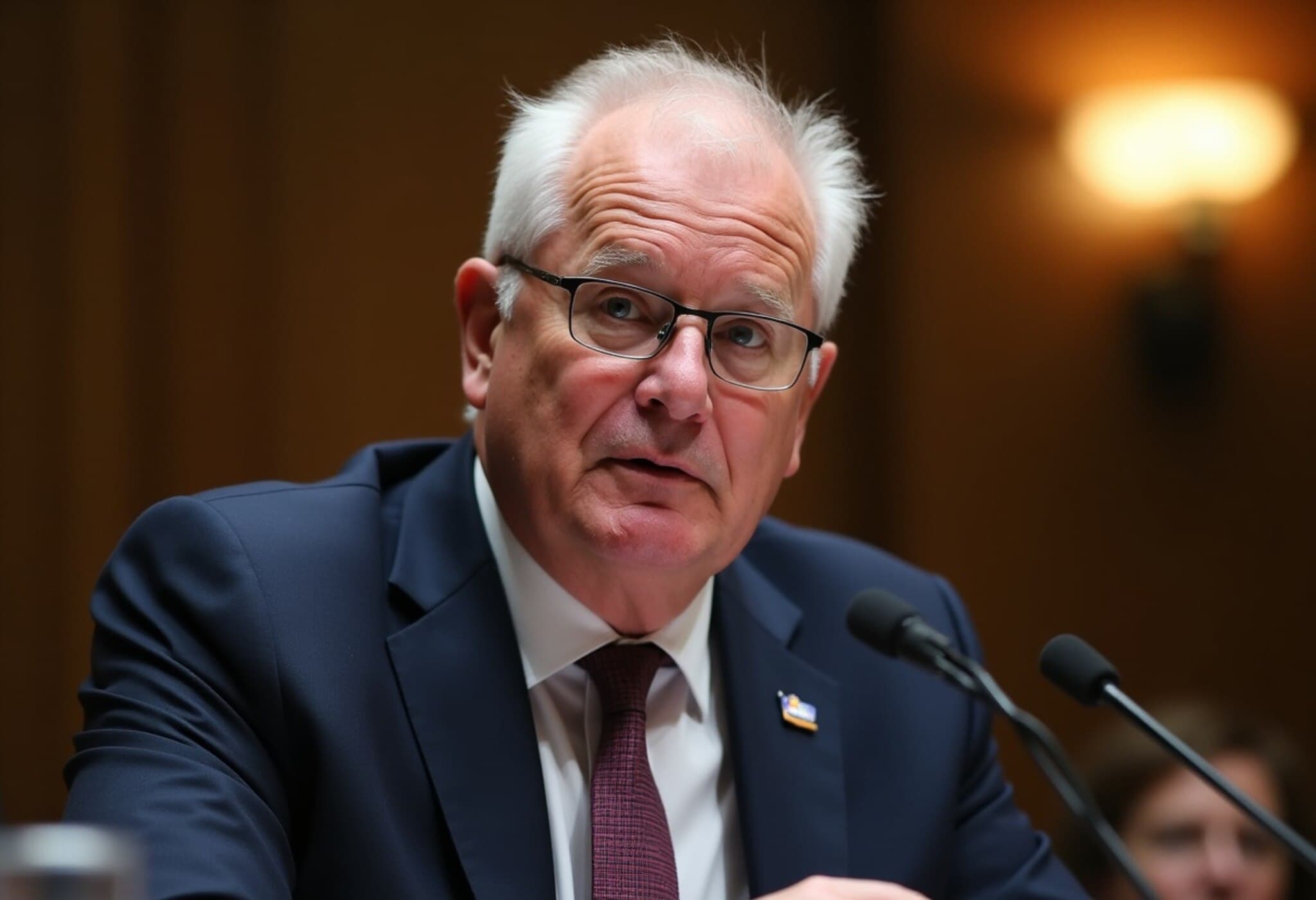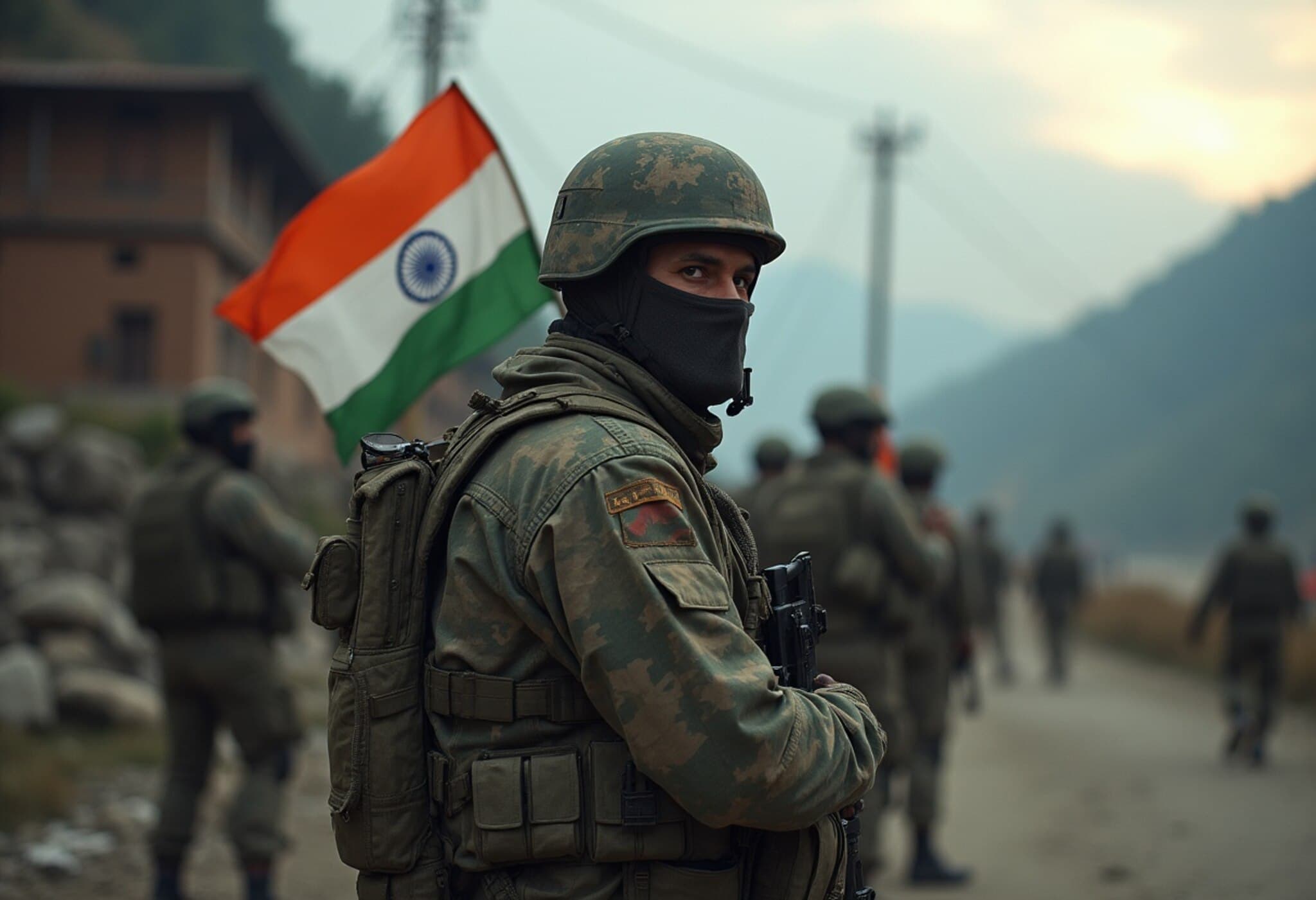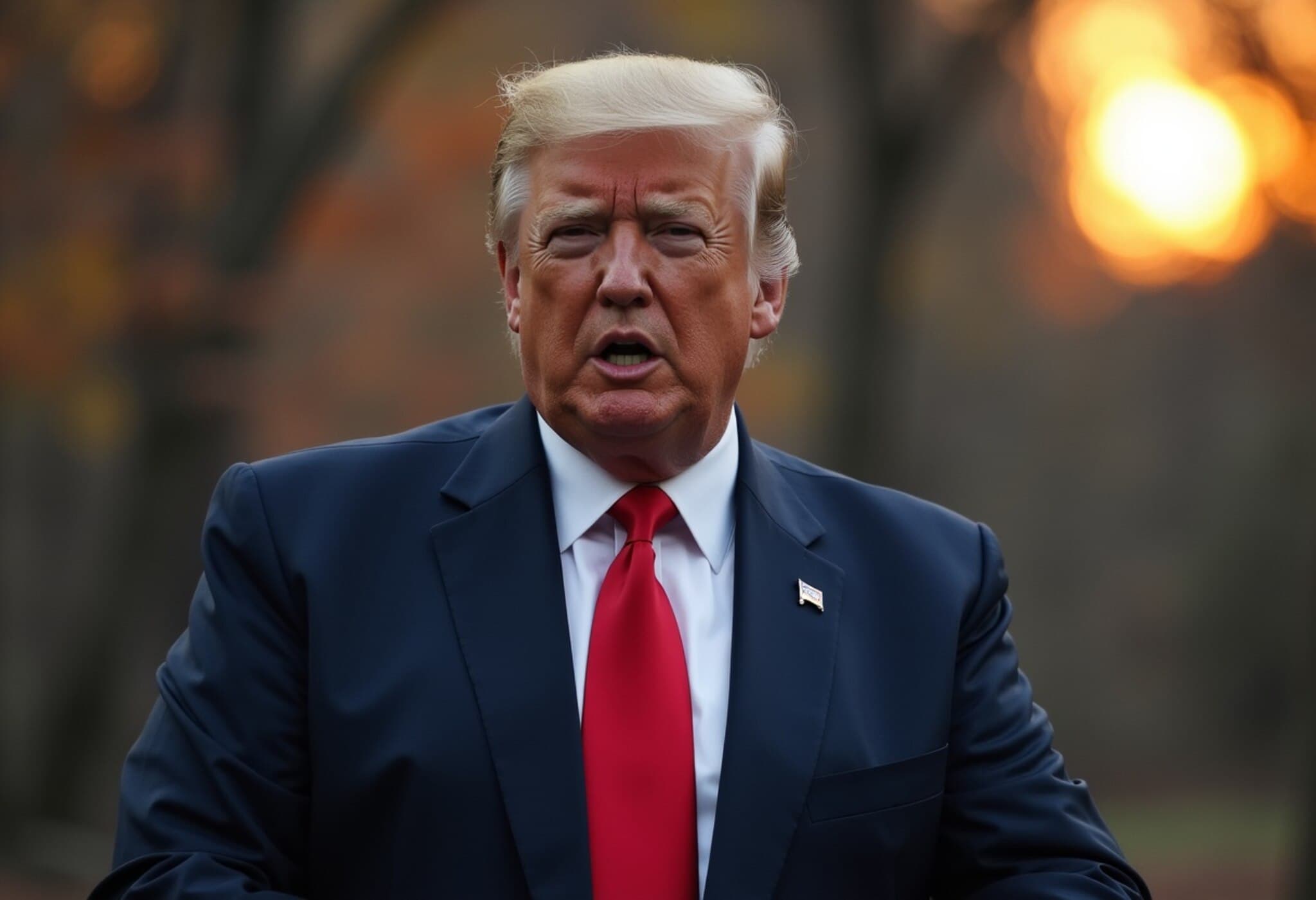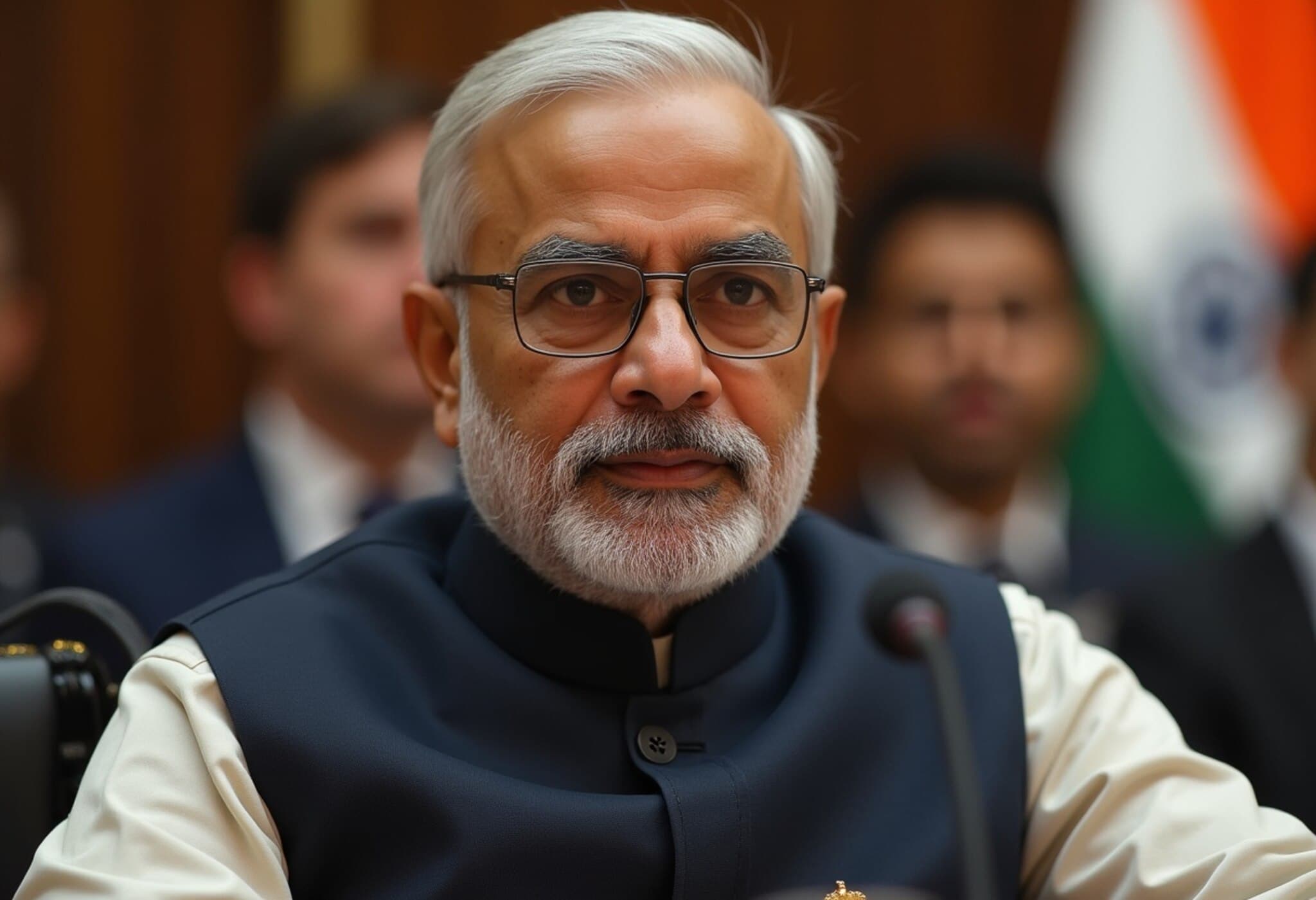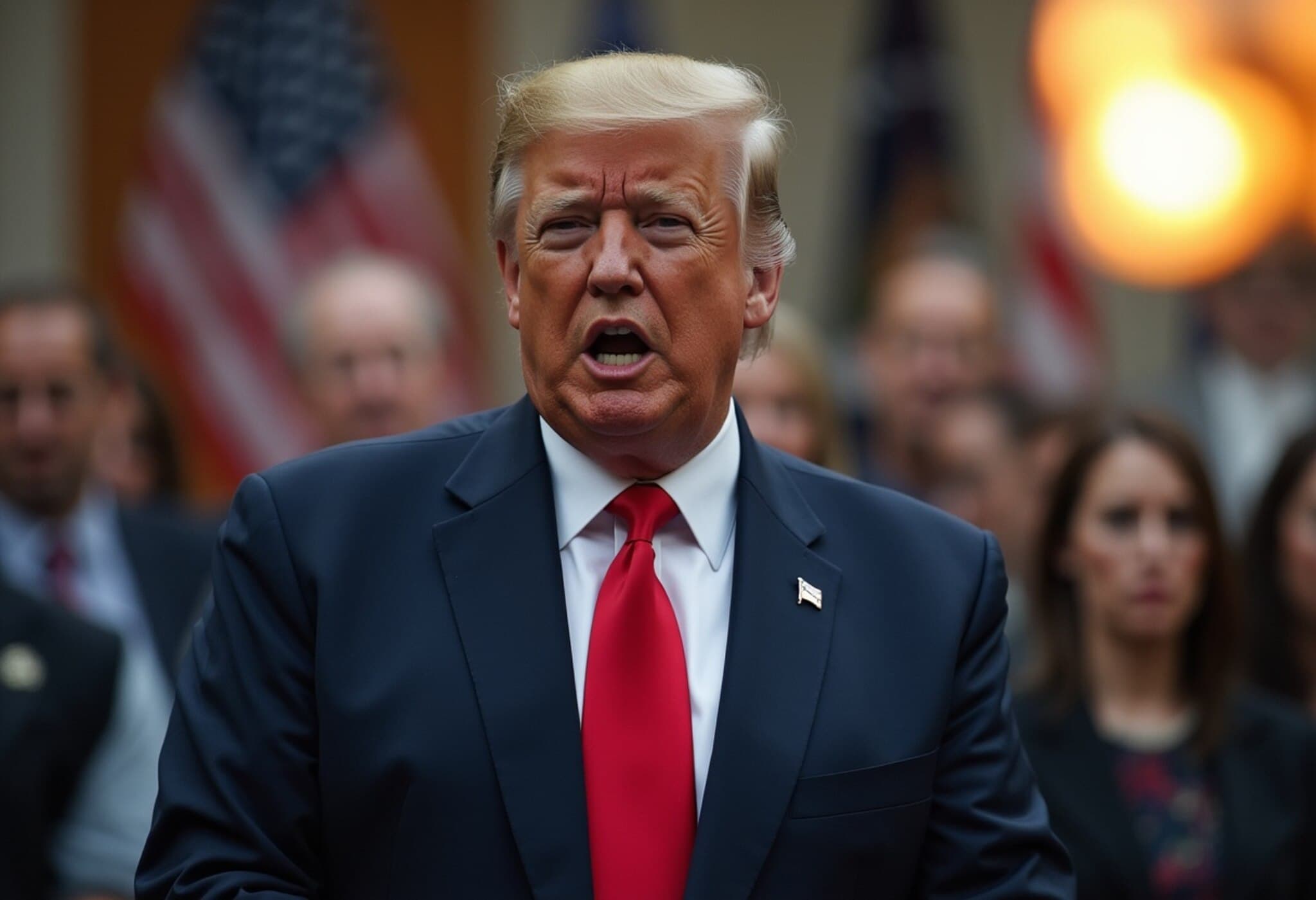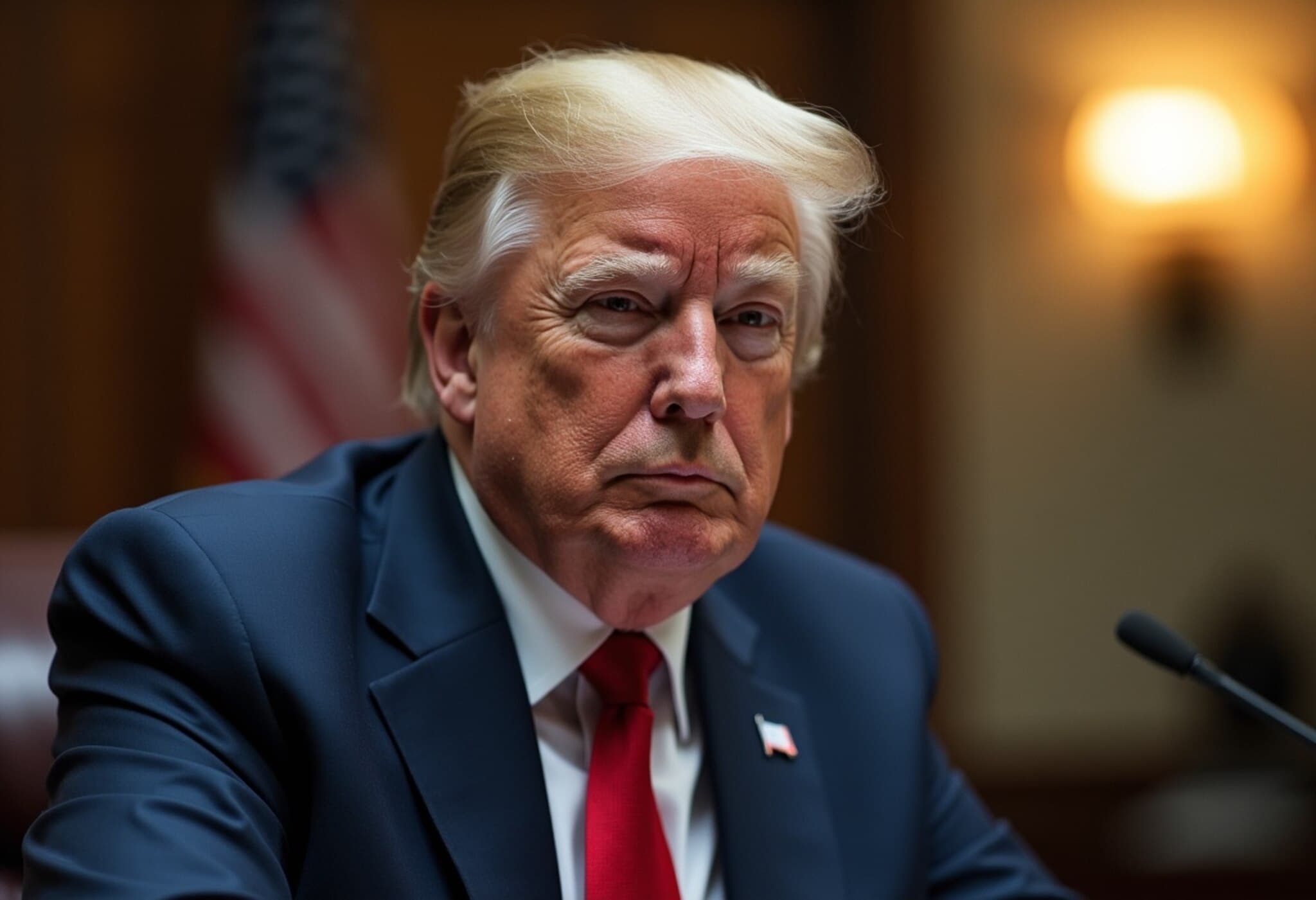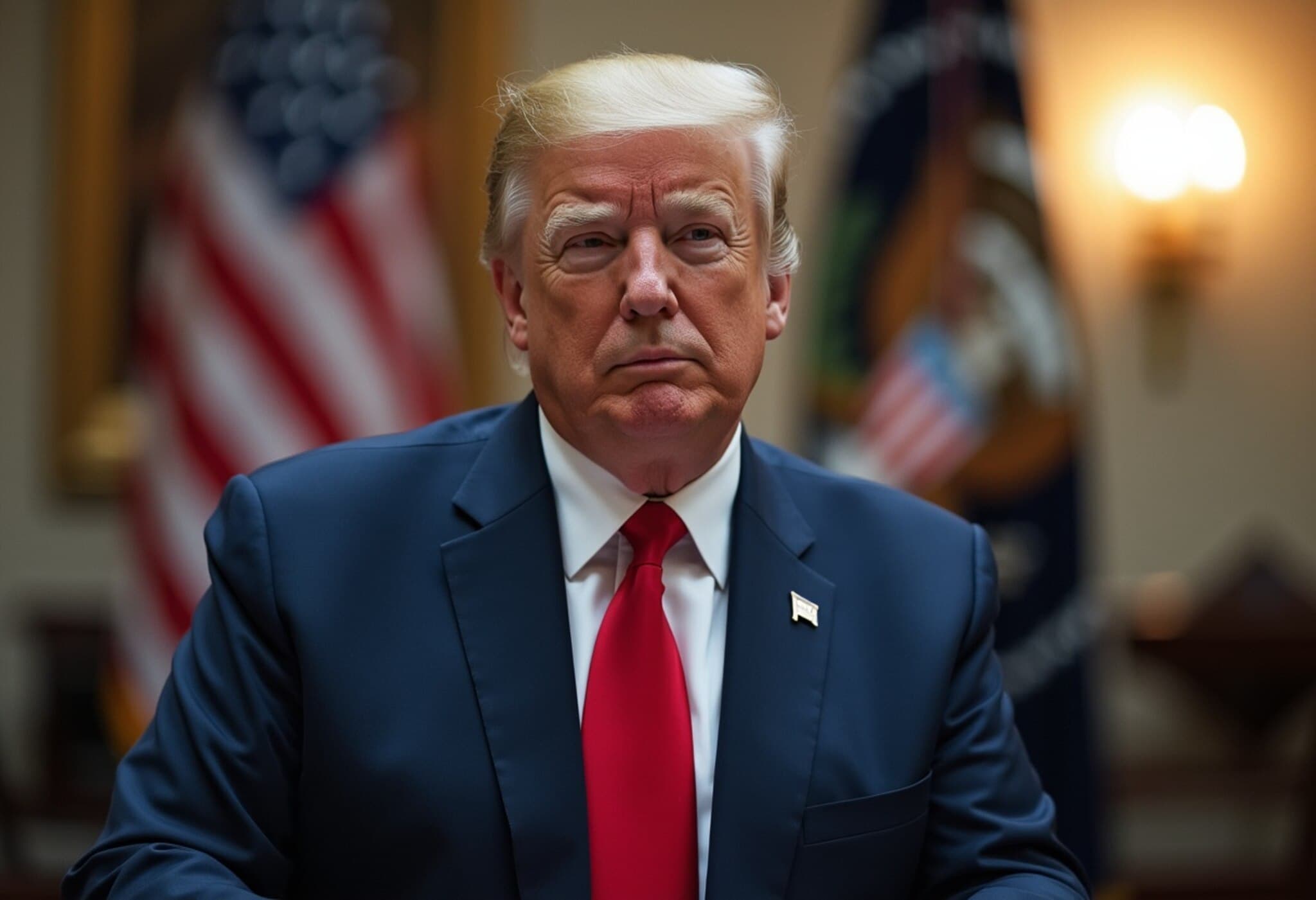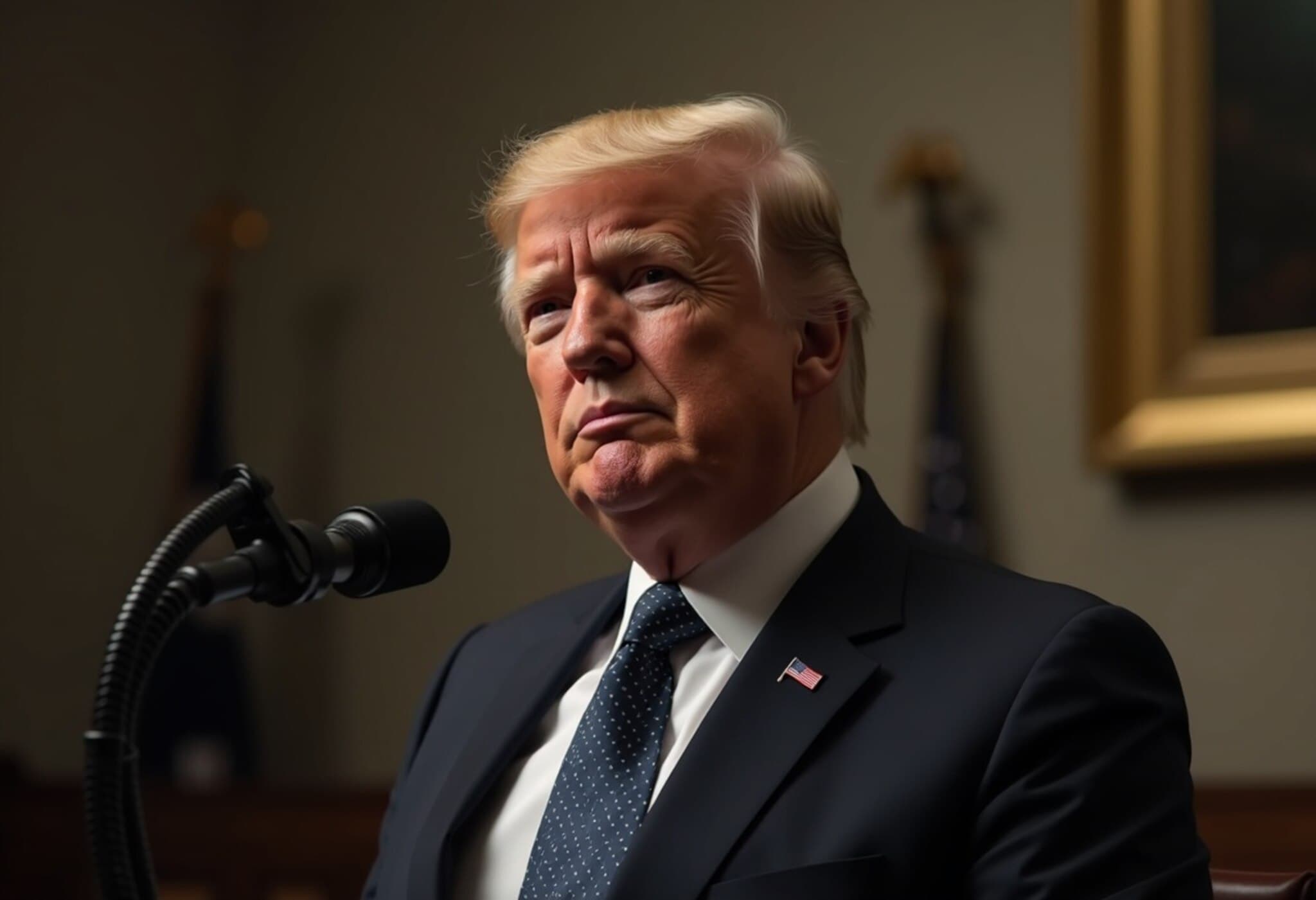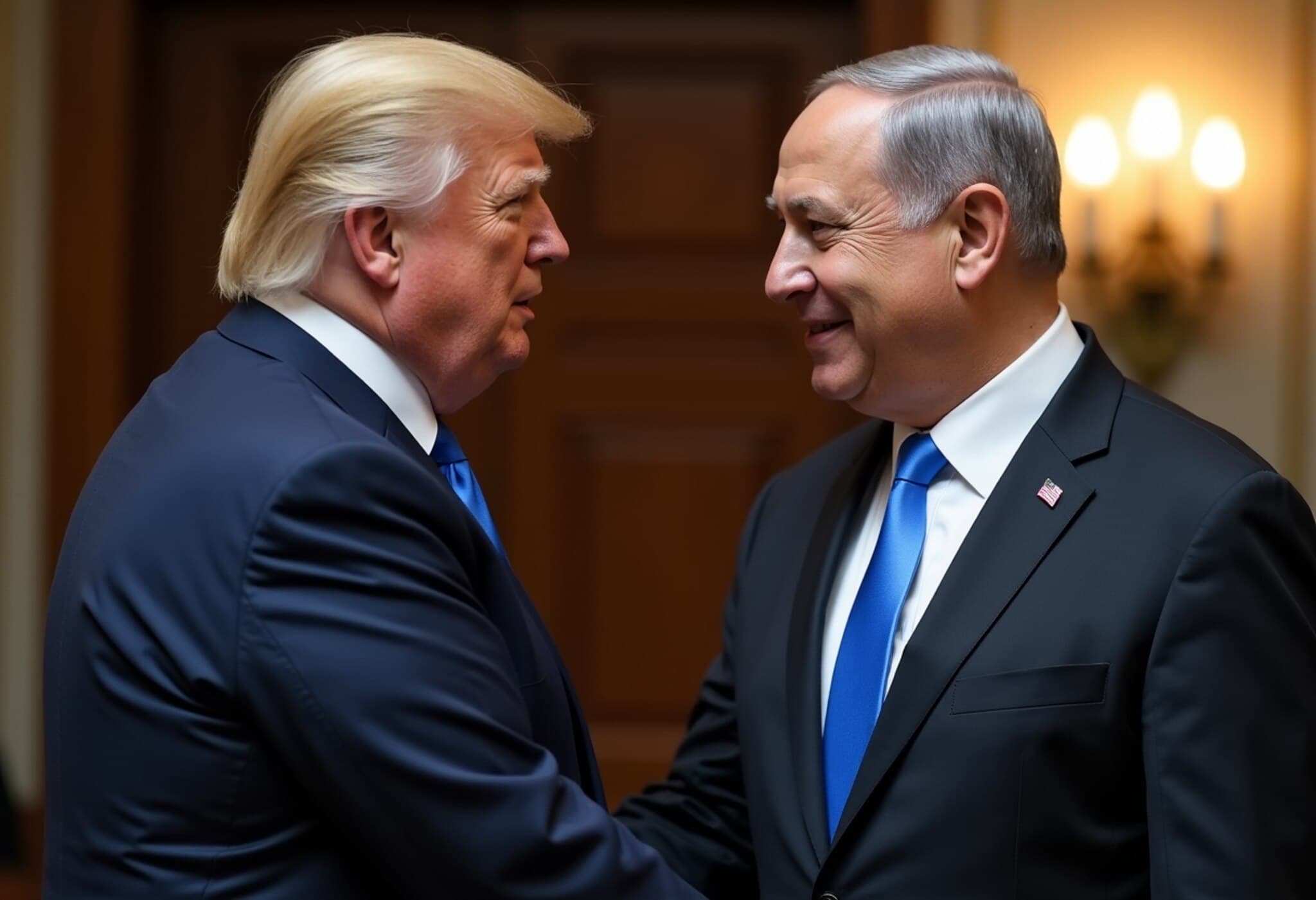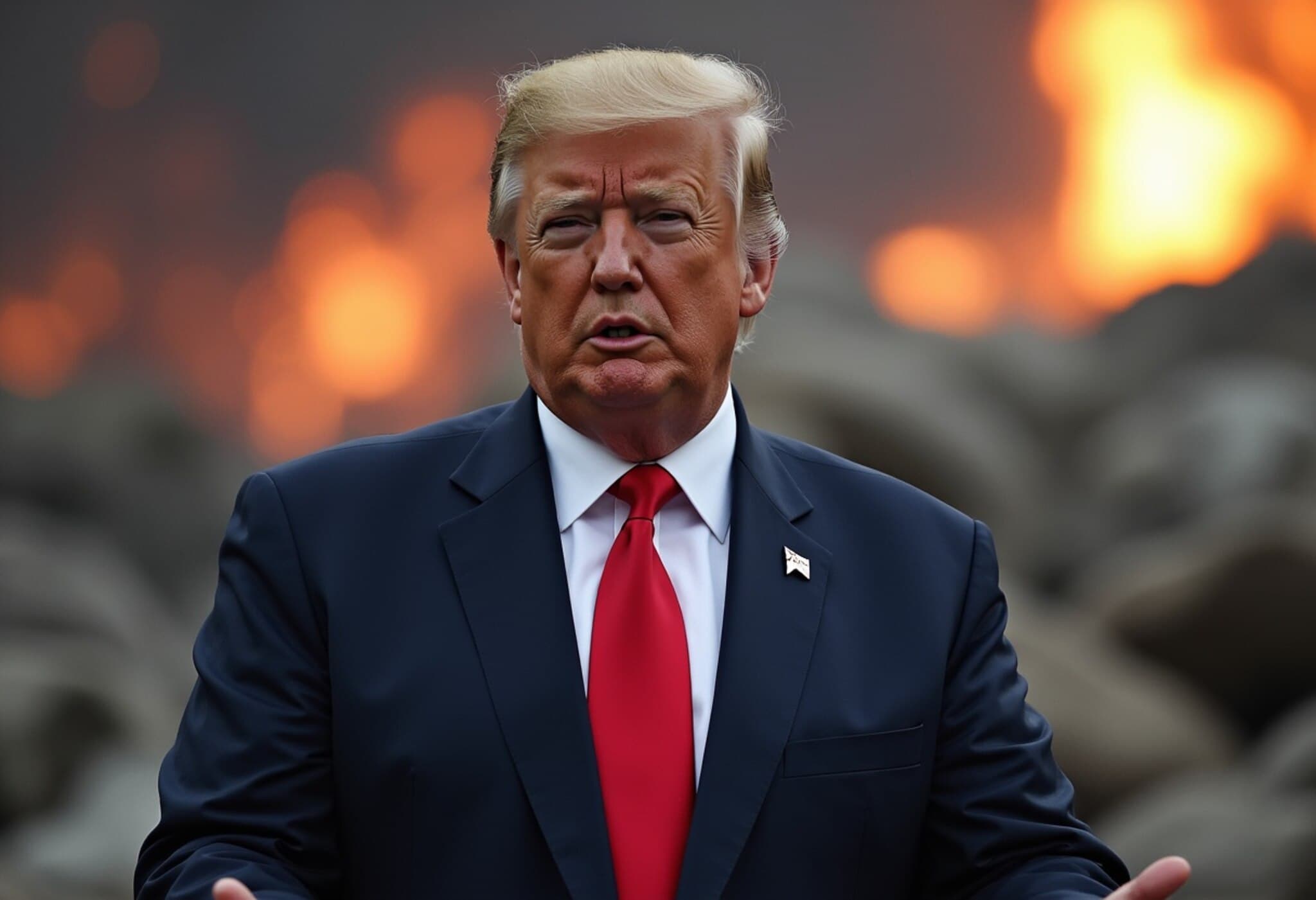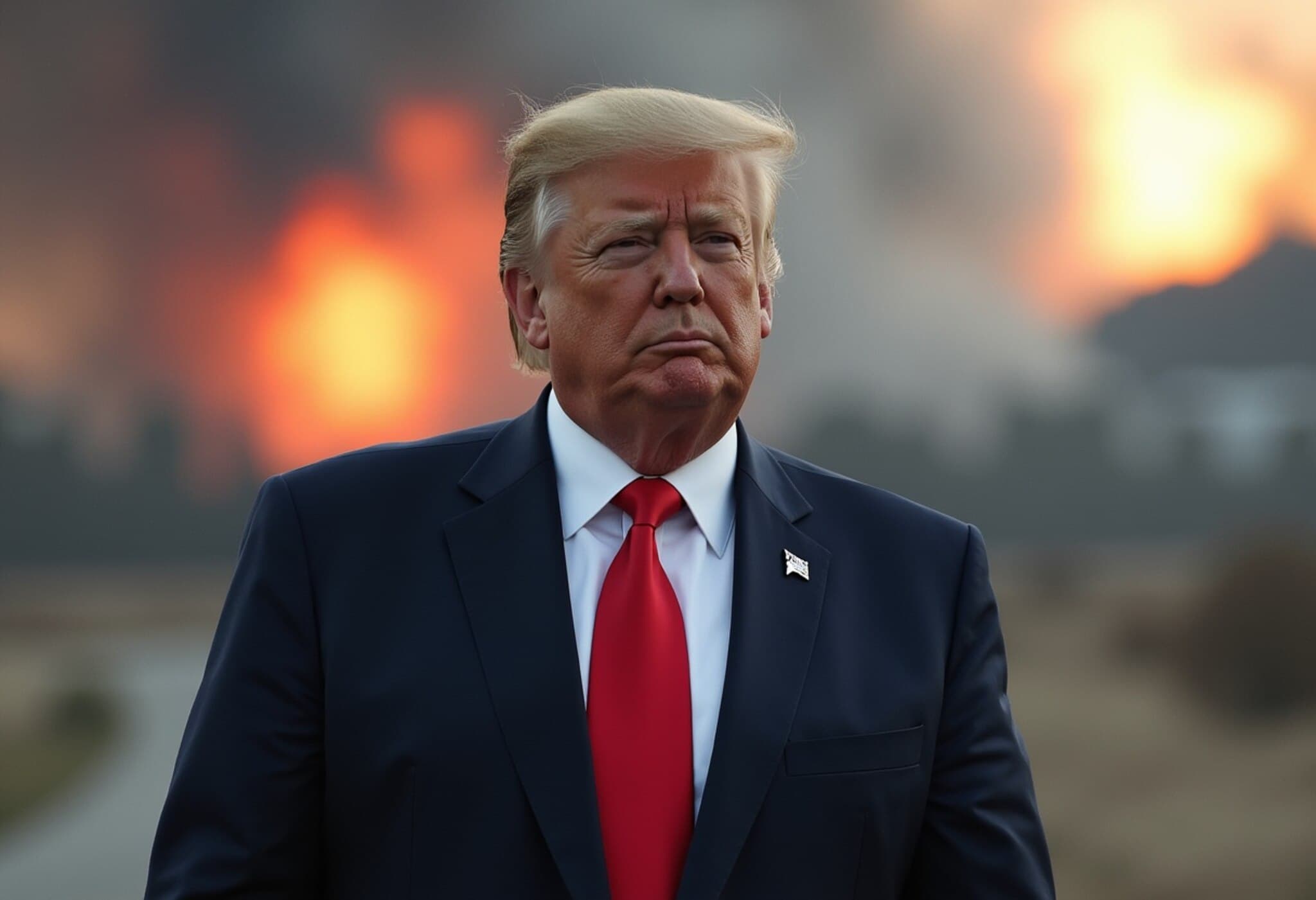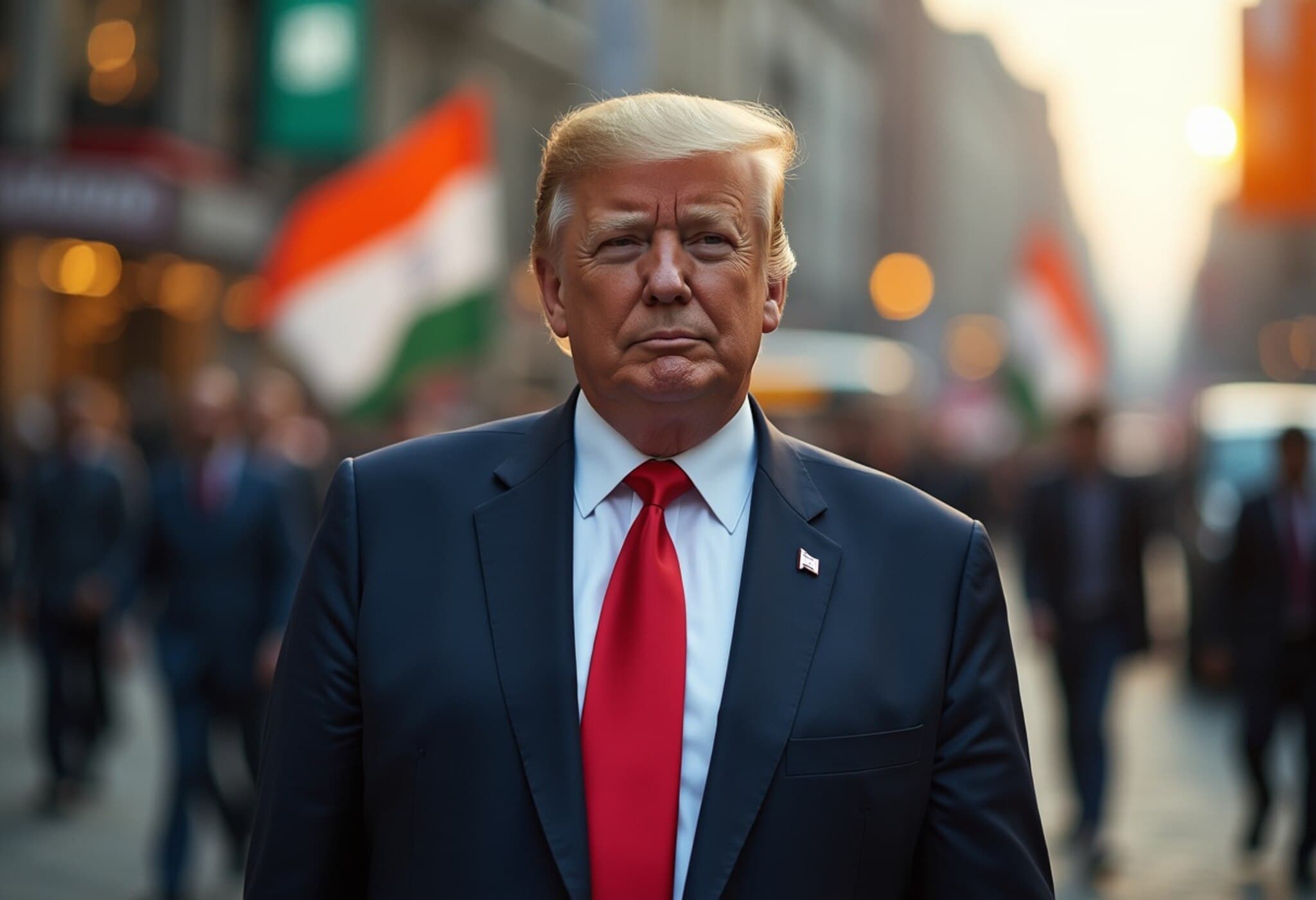Trump Voices Strong Opposition to Palestinian State Recognition by UK, France, and Canada
In a recent statement aboard Air Force One, former US President Donald Trump expressed sharp criticism of the United Kingdom, France, and Canada for their plans to recognize a Palestinian state. His remarks come amid escalating humanitarian concerns in Gaza and ongoing international debate over Israel-Palestine relations.
Trump Labels Recognition as 'Rewarding Hamas'
Responding to news of UK Labour leader Keir Starmer’s pledge to support Palestinian statehood, which has since been echoed by France’s President Emmanuel Macron and Canadian Prime Minister Mark Carney, Trump dismissed the initiative as a misguided gesture that ultimately serves to reward Hamas, the Palestinian militant group. Trump emphasized, “You’re rewarding Hamas if you do that. I don’t think they should be rewarded.”
The former president also clarified that during his recent meeting with Starmer in Scotland, the subject of Palestinian recognition was not discussed, underscoring that the US remains firm in its opposition to such moves.
Context: International Responses Amid Gaza’s Humanitarian Crisis
Starmer’s announcement signals a shifting European engagement with the Israeli-Palestinian conflict. The UK Labour leader committed to officially recognizing Palestinian statehood by September unless Israel agrees to a ceasefire in Gaza and permits United Nations humanitarian aid to enter, addressing reports of starvation and civilian suffering in the region.
Similarly, France and Canada have publicly supported this approach, seeking to nudge Israel toward concessions in the long-running conflict. Malta has recently joined this coalition, indicating increased European momentum.
US Department of State Affirms Opposition
Trump’s stance aligns with official US policy. State Department spokesperson Tammy Bruce described the Palestinian recognition initiatives as “a slap in the face” to victims of Hamas’s deadly October 2023 attack on Israel, which catalyzed the war between Israeli forces and Hamas-controlled Gaza.
When asked whether he objected to Starmer’s move, Trump replied pragmatically, “I’m not going to take a position, I don’t mind him taking a position.” This statement reflects a nuanced US posture balancing domestic politics and international alliances.
Expert Insight: What This Means for US and Allied Policy
The decision by prominent Western democracies to recognize Palestinian statehood—even conditionally—signals a subtle but meaningful shift in global diplomacy. This development raises critical questions about the future of US influence in Middle East peace efforts and the role of international law in conflict resolution.
- Legal implications: Recognition solidifies Palestine’s standing under international law, potentially opening avenues for legal and diplomatic recourse.
- Strategic consequences: For the US and Israel, such recognition is seen as undermining security interests by empowering Hamas, designated as a terrorist group by Washington.
- Humanitarian focus: It foregrounds the urgent plight of civilians in Gaza facing blockades and shortages amid ongoing conflict.
Balancing these competing priorities will challenge policymakers seeking sustainable peace. The evolving stances of key allies reflect growing frustration over stalled diplomacy and humanitarian crises.
Underreported Dimensions
While headlines focus on geopolitical tussles, less attention has been paid to the voices of Palestinians and Israelis caught in the crossfire. Many Palestinians view recognition as a crucial step toward self-determination, whereas some Israeli communities fear security risks. Furthermore, the effectiveness of recognition without enforceable ceasefire and aid commitments remains uncertain.
Experts suggest that recognition could serve as a catalyst for renewed negotiations but caution that without tangible changes on the ground, it risks exacerbating tensions.
Editor’s Note
The recognition of Palestine by Western powers marks a significant milestone in the Israel-Palestine conflict, stirring debate over legitimacy, security, and humanitarian responsibility. This unfolding story compels us to ask: Can symbolic diplomatic moves translate into real-world peace? Or do they risk deepening divisions amid a complex geopolitical landscape? As the international community watches closely, understanding these nuances remains essential to informed discourse.
Stay tuned as developments unfold and deeper analyses emerge.

